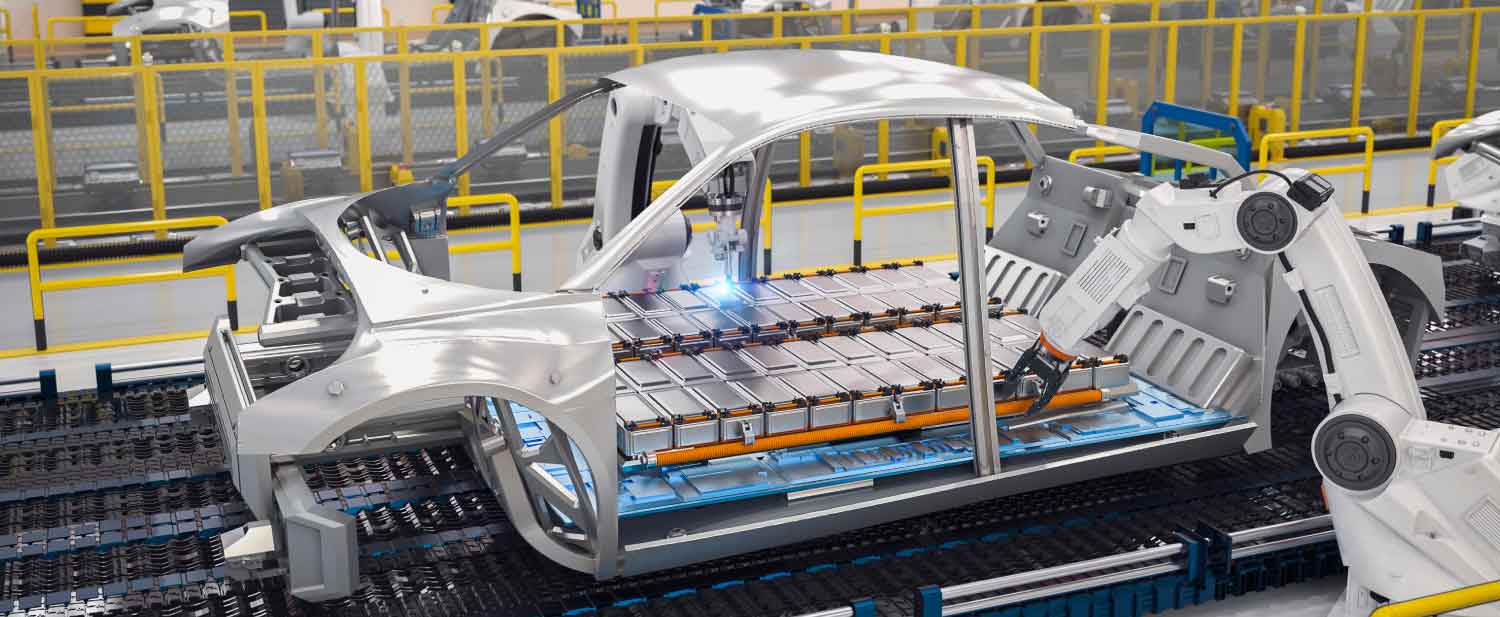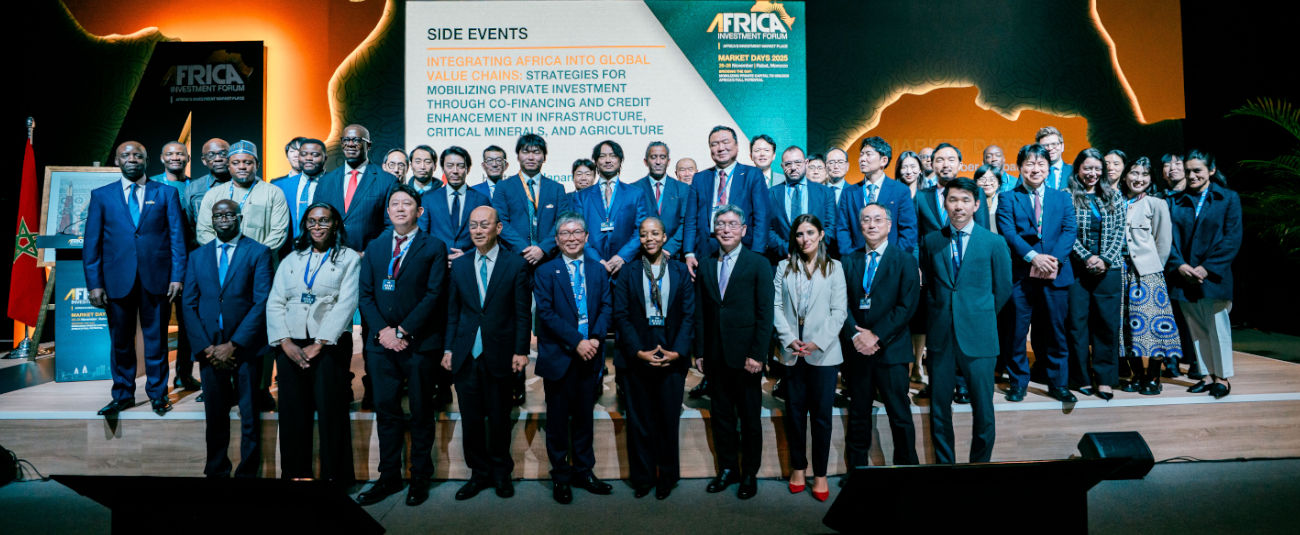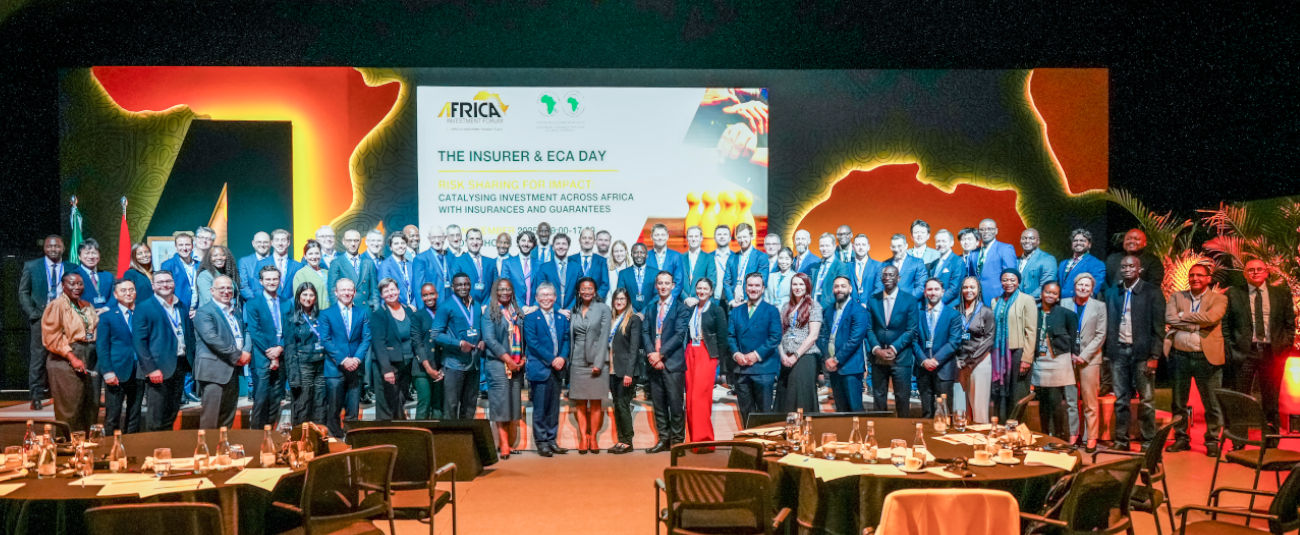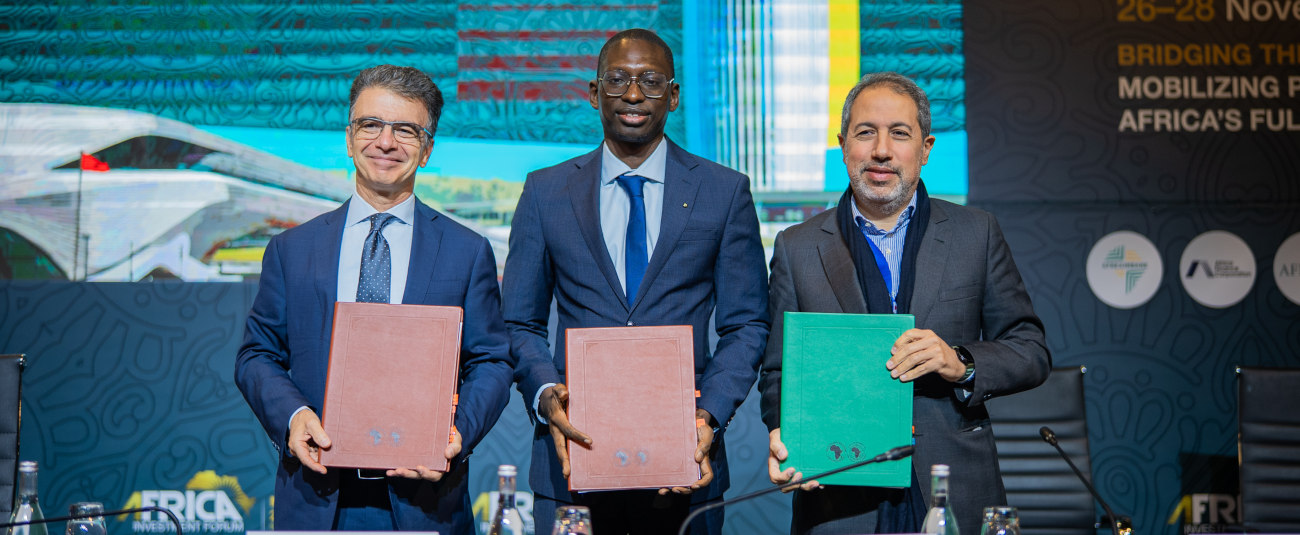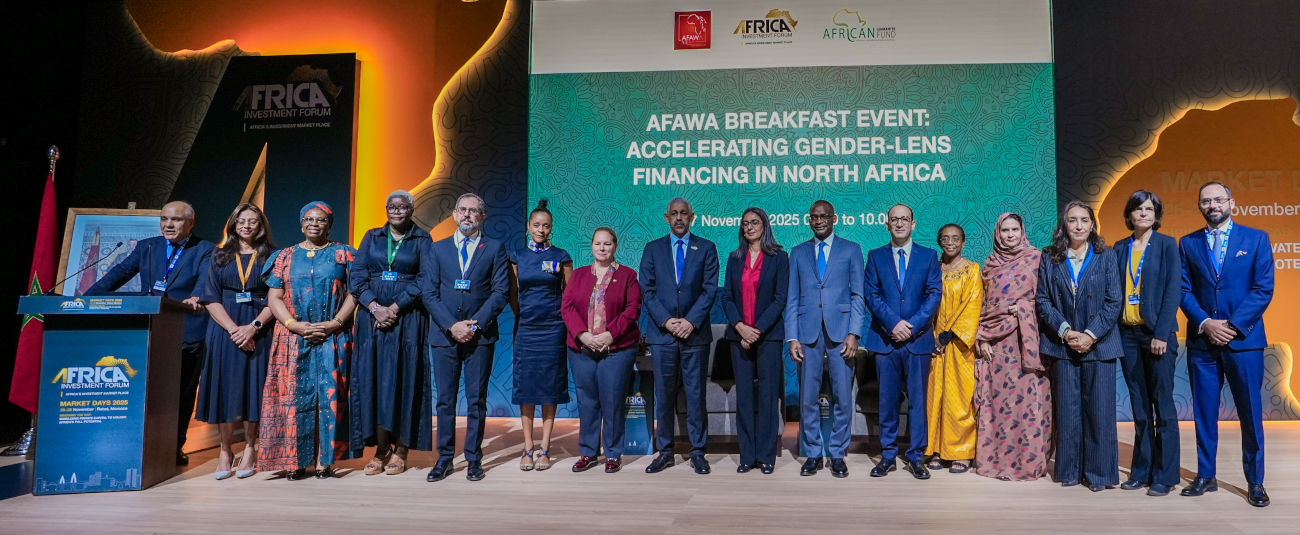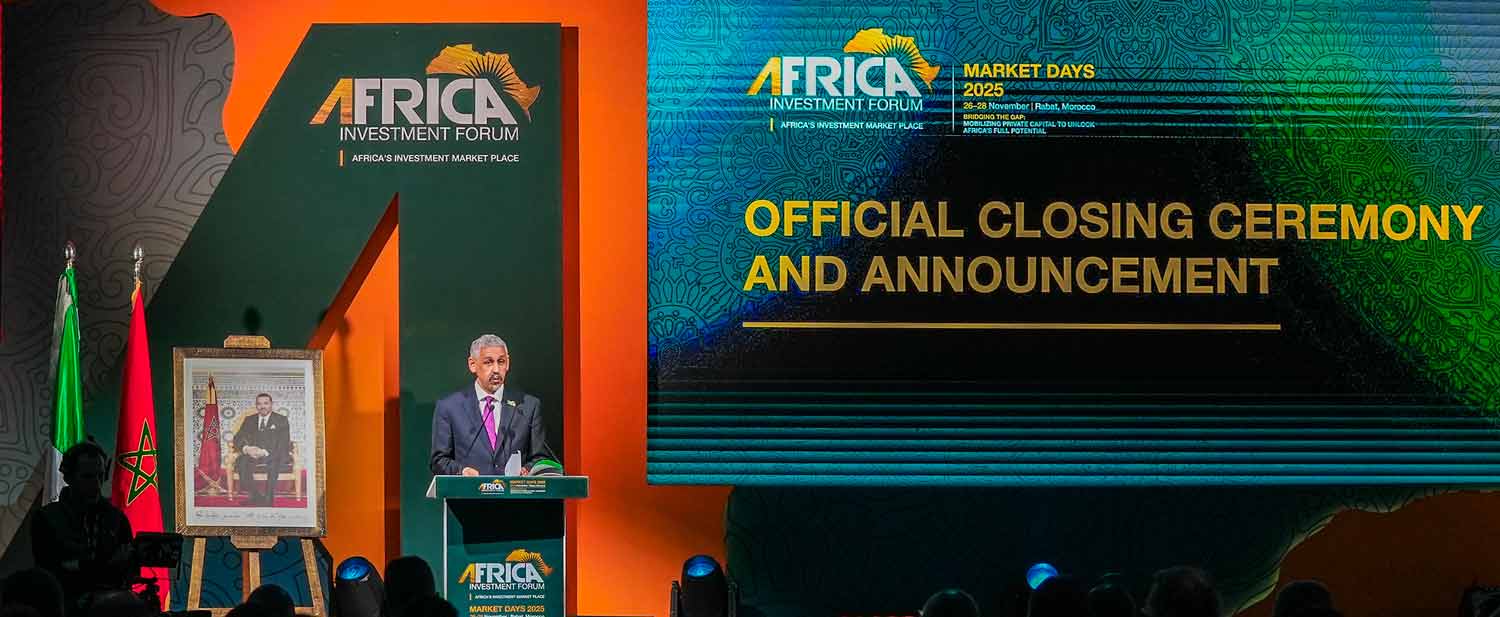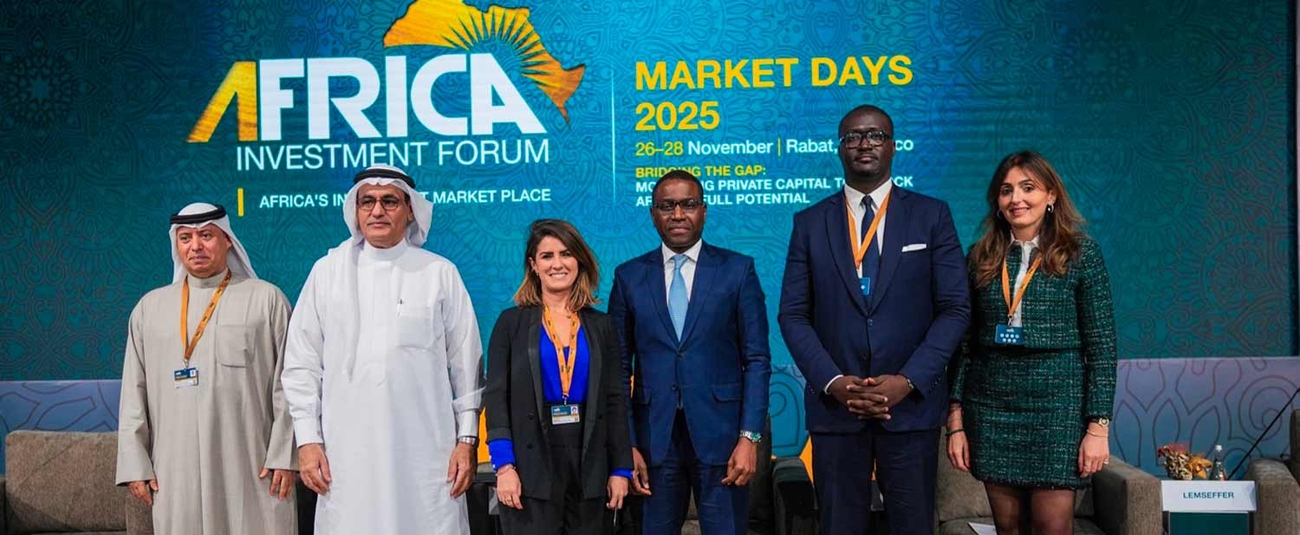The International Energy Agency projects that manufacturers of clean energy technologies will need forty times more lithium, twenty-five times more graphite, and about twenty times more nickel and cobalt in 2040 than in 2020.
To exploit this opportunity, in 2021 the government of the Democratic Republic of Congo and the United nations Economic Commission for Africa (UNECA) came together with the African Export-Import Bank (Afreximbank), the African Development Bank, Africa Finance Corporation and other entities to identify ways to channel investments to increase Africa’s share of the value chain for lithium-ion batteries, electric vehicles and clean energy.
The DRC has 51% of the world’s cobalt reserves as well as huge hydroelectric power potential. The country is thus uniquely positioned to become a low-cost and low-emissions producer of lithium-ion battery precursor materials and cells, says an African Development Bank report titled ‘Strengthening Africa’s Role in the Battery and Electric Vehicle Value Chain’. Further, DRC and Zambia are Africa’s largest producers of copper, an important component in wiring and motors.
A BloombergNEF study was commissioned to look into the feasibility of setting up Special Economic Zones to manufacture battery precursors in DRC and Zambia. It confirmed the project was technically feasible and financially viable, with an estimated total cost of $2.7 billion.
Mrs. Oluranti Doherty, Afreximbank’s Director for Export Development, said, “According to the BloombergNEF report, a precursor facility in the DRC would be three times cheaper than it would cost for a similar plant in the USA as a result of cost competitiveness and proximity to raw materials.” Battery precursors are used in lithium-ion batteries.
Afreximbank has since contracted ARISE Integrated Industrial Platform, a leading developer of special economic zones across Africa, to undertake a pre-feasibility study for the SEZs.
Once fully implemented, the project is expected to advance several UN Sustainable Development Goals (especially goals 8—Decent Work and Economic Growth—and 9—Industry, Innovation and Infrastructure), boost foreign exchange earnings, enable technology transfer and upskilling of local communities, and create over 40,000 direct jobs and 160,000 indirect jobs in both countries.
Lithium-ion batteries dominate the EV market and represent about 49% of the global rechargeable battery market. Many of the minerals needed to produce them, including cobalt, lithium, manganese, nickel and graphite are available in the Democratic Republic of Congo, Zambia, South Africa, Madagascar, Mozambique, Tanzania or Gabon among others. The DRC alone is estimated to have several million tonnes of lithium reserves. More is to come: the current confirmed mineral resources in Africa could be a tip of the iceberg. This is because similar geological formations on the continent which have the potential for further discoveries, are yet to be explored, and current exploration efforts continue to make discoveries.
Others are alert to the region’s potential as a hub for value chains. Last December, on the sidelines of the U.S.-Africa Leaders’ Summit in Washington the United States signed a memorandum of understanding with the Democratic Republic of the Congo and Zambia to develop an integrated value chain for the production of electric vehicles batteries in the two African countries.
Lithium batteries also offer energy possibilities beyond electric vehicles. The equipment represents the best way to store electricity generated from wind, solar and hydropower sources, overcoming their “intermittency” problem. Demand for so-called green minerals, including copper, graphite and rare earth minerals, is set to surge as wealthier nations seek to decarbonise their economies by, in part, shifting to a clean energy system, says the International Energy Agency.
Percentage of World Proven Reserves of Critical Minerals in Africa
and their Projected Global Demand Increase

Source: Strengthening Africa’s Role in the Battery and Electric Vehicle Value Chain, African Development Bank, April 2023.
Developing electric-vehicle value chains in mineral-rich countries like Democratic Republic of Congo and Zambia would enable investors to tap an expanding electric vehicle (EV) market projected to be worth as much as $57 trillion through 2050.
But significant investment in supply chain infrastructure is needed to transform the continent into a global battery production hub. This will entail creating an environment capable of attracting the private sector, which has the technical expertise and logistics know-how to power Africa’s manufacturing sector while ensuring high returns on investment.
The Kingdom of Morocco signed in June 2023 a $6.4billion agreement with Chinese battery manufacturer Gotion High-Tech Co, for the construction of a factory to manufacture EV batteries in Rabat-Salé-Kénitra region. It will have an annual capacity of 100 gigawatts. Gotion is one of the world’s 10 largest battery manufacturers and listed on both China’s Shenzhen Stock Exchange and on the Zurich Stock Exchange in Switzerland, with shareholders such as Volkswagen.
This is where the Africa Investment Forum can play an important role. An initiative of eight development partners, the Africa Investment Forum screens and structures transactions to prepare them for investment. Its annual Market Days event brings together deal sponsors, investors, government leaders and development finance institutions to assess a pipeline of transactions and advance them toward closure.
The manufacture of green batteries will be a priority sector at the 2023 Market Days, taking place in Marrakech, Morocco, from 8–10 November, under the theme Unlocking Africa’s Value Chains. Other sectors to feature during the 2023 Market Days include renewable energy, agribusiness and other areas where African countries have a comparative advantage.
The Africa Investment Forum’s eight founding partners are Africa50, Africa Finance Corporation, Afreximbank, the African Development Bank, Development Bank of Southern Africa, European Investment Bank, Islamic Development Bank, and Trade and Development Bank.
- African Development Bank Group’s President on manufacturing lithium-ion batteries in Africa (short video)
